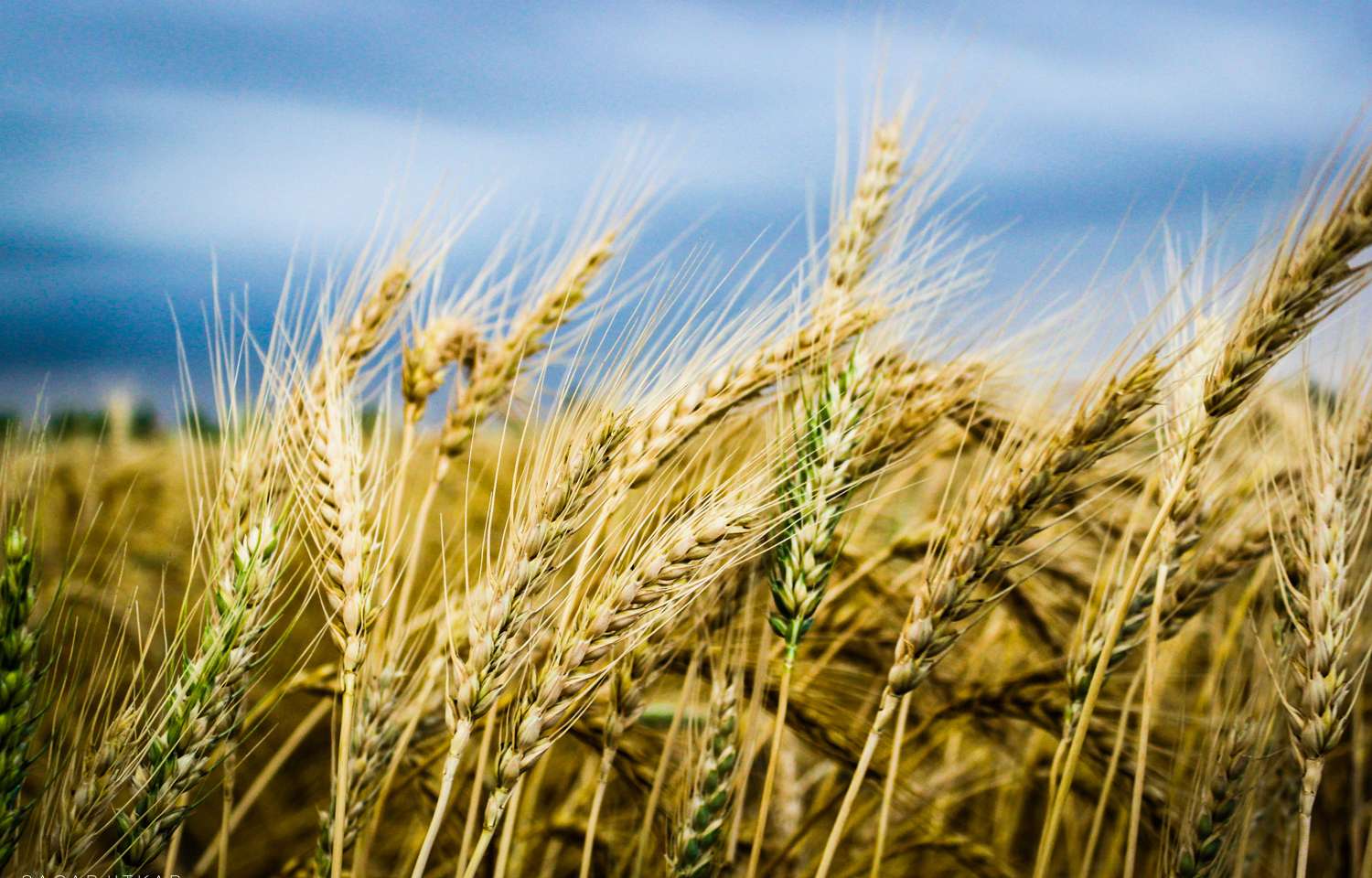There is clear disagreement as to whether or not Rishi Sunak’s ‘Farm to Fork’ summit held yesterday was a success. This is our conclusion reviewing responses across the press to the event, and it is clear that there is a long way to go in order to fix the various issues concerning the food sector. With food bills increasing 18.2% last month, the cost of food is rising at its fastest rate in 45 years and price hikes are set to continue. However, farmers are not seeing these returns filter down and continue to warn of potential future shortages unless profitability in farming improves.
Over the coming weeks we will be exploring the various issues facing food and farming currently, analysing what is going on, and outlining what needs to be overcome to achieve a fairer food system. However, in the short term, what was achieved at the food summit yesterday?
Some attendees left feeling positive about the event, notably NFU representatives, who emphasised the event as a productive start, but underlined that the momentum needs to be kept up:
“What we need now is to build on these announcements. We are calling for a set of core agri-food import standards for trade. Whilst it is pleasing government is looking to maintain self-sufficiency at 60%, we believe there’s an opportunity to produce much more of our own food here. We can and should be more ambitious and look to move beyond this target. Vitally, the Farm to Fork Summit should become an annual event, as our food supply is part of the UK’s national infrastructure and will ensure that food security never drops down the political agenda, across all parties, again.”
There clearly wasn’t sufficient emphasis placed on addressing shorter term issues, namely the food inflation crisis. Karen Betts, chief executive of the Food and Drink Federation, said “…it’s a pity there wasn’t more of a laser focus on immediate issues and the drivers of inflation. While some of these are beyond everyone’s control, many are not.’’
When you look at the announcements at the event, it seems unlikely that they will go far enough in significantly improving the situation for either farmers or consumers. Whilst reviews have been announced to assess fairness in the supply chain in eggs and horticulture, and dairy sector regulations are to be laid out in Parliament later this year, following on from similar moves in the pig sector, it is unclear the impact this will have on profitability and investment potential for farmers, or indeed on retail prices for consumers.
Export potential is set to improve, with five new agricultural attaches announced to reach new markets, but again, if action is not taken to protect the share that producers receive, this will ultimately have little impact.
For flagship guests Jeremy Clarkson and Kaleb Cooper, there was a positive takeaway that national planning policy will be revised to ensure all rural areas are fully enabled to ‘level up’, and a review will take place into barriers being placed on farm diversification. However, again, this is a small shift when looking at the failure of tackling the bigger picture.
Other than these few commitments, there was little to take away from the summit, with one representative of a trade body describing it as an ‘‘empty meeting’’. In many ways, unless it attempted to tackle the issue of price and inflation it was never going to be deemed a success, and these aspects were apparently pushed to the side-line of discussions. The event may have been a start in beginning to address issues concerning the food system, but there remains a long way to go, and those benefitting from the current system need to reflect on whether they are doing enough to ensure a fairer and more sustainable system. It has been clear from the shocks on the shelves of the past year that our system is at risk from volatility, and we risk that at our peril.
Ben Eagle
Acting Editor, Eat Farm Now
Image credit: SagarJitkar (made available under creative commons licence)

